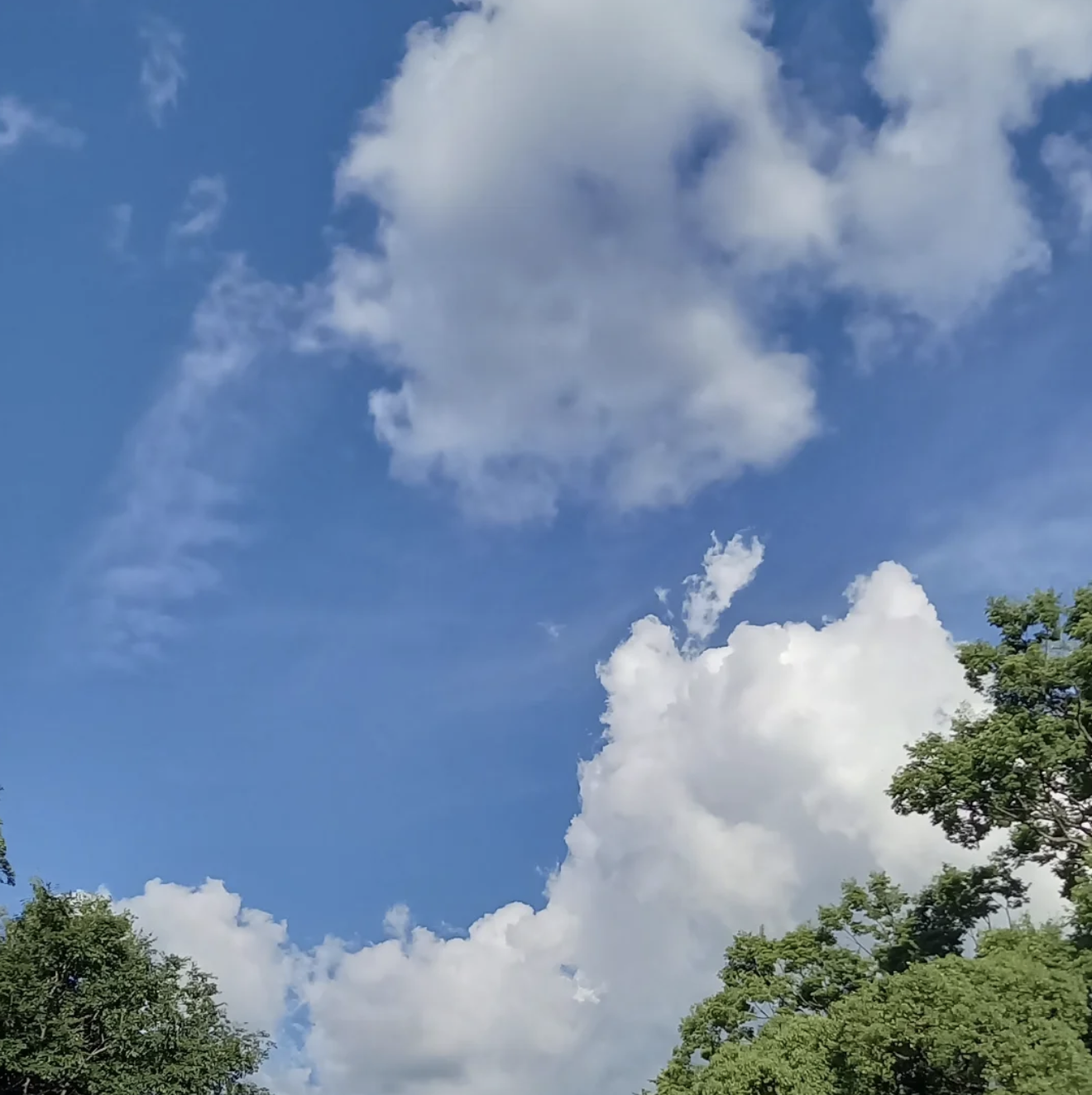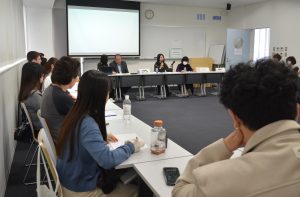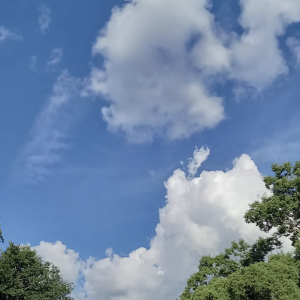戦争や紛争が世界中で勃発しています。戦争によって命を奪われ、家を追われ、大切な人を亡くした人たち、飢餓に苦しむ子供たちの姿を目にする度に、“遠い国で起きていること”にしてはいけない、諦めてはいけないと思います。
戦後80年。本FBでは戦禍の日本で詠まれた俳句を紹介していきます。 黛まどか
----------------
原爆に焼けし乳房を焼けし子に 川上政子 句集『広島』より
1945年8月6日8時15分、広島に原子爆弾が投下された。辛うじて生き残った人々も、放射能、爆風、熱風によって酷い傷や火傷を負い、次々と息絶えていった。直後の犠牲者は推定14万人に上る。
共に被爆した母と乳呑み子。阿鼻叫喚の中で、母は焼けただれた乳房を必死に我が子の口に含ませようとしている。果たして二人はこの後いのちを繋ぐことができたのだろうか。「焼けし」を重ねることで、この状況の酷さが伝わる。
句集『広島』(昭和30年刊)には、原爆投下直後の被爆者による俳句が収められている。極限状態の中で詩を詠みつづけた人々に敬意を表し哀悼の意を捧げると共に、一人でも多くの人に紹介することで鎮魂になればと願う。
----ー----ー----ー--
Burned by the atomic bomb
this breast
for my burned child
Kawakami Masako
From Haiku for Hiroshima
At 8:15 on the morning of August 6, 1945, an atomic bomb was dropped on Hiroshima. The immediate casualties are estimated to have reached 140,000 people, while those people who barely survived were horribly injured by the radiation, the blast wind , and the intense heat. Burned to the point of their skin melting and sliding off their bodies, one after the other they breathed their last.
Two atomic bomb victims, a mother and her nursing infant. Amidst the cries and pandemonium, the mother desperately tries to put her burned and blistered breast into her baby’s mouth. Were these two among those who had managed to cling to life? The repetition of “burned,”once for the mother and once for the child, intensifies the wretched misery of their condition.
The haiku collection Hiroshima (1955) includes many haiku composed in the immediate aftermath of the bombing by bomb victims themselves. These people persisted in writing poems even under the most extreme conditions. To them I wish to express deep reverence and profound sorrow. At the same time, by making their poems known as widely as possible, I hope to bring repose to their souls.
Translation © Janine Beichman






コメント